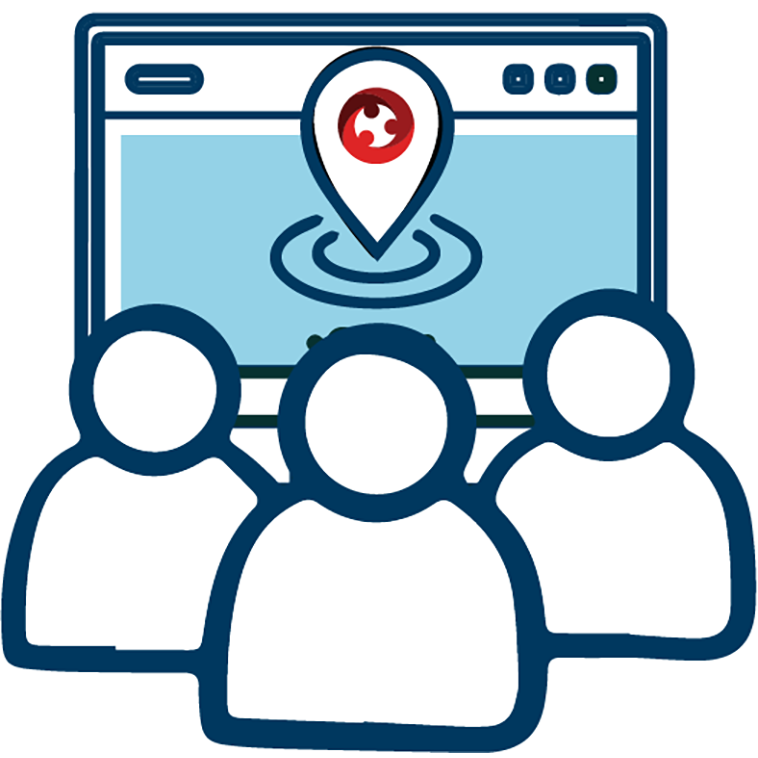People with cancer need more than pamphlets, stacks of forms, and links to websites (even ours). They deserve resources to help create a comprehensive and understandable plan that combines the best evidence with their values, goals, and preferences.
The stories we hear from patients and colleagues inspire us and guide us every day. Cancer Care Road Map resources are accessible, easy to use, and help patients keep track of where they were and where they are heading. And it’s all built on a solid foundation of research and science-based methodology.






